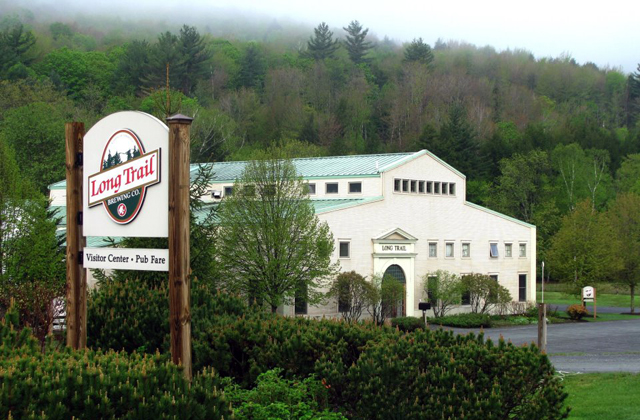
Brewmaster Dave Hartmann wanted to see Long Trail Brewing develop its own “Juicy IPA” but he didn’t want to veer into the “fruit beer” category with the new offering. Instead, using a cold-pressing technique, Long Trail infused grapefruit and tangerine flavors into hops with essential oils to create a fruit-tinged brother to the brewery’s “Limbo” IPA with “Citrus Limbo” IPA.
“We really liked the combination of grapefruit and IPA, although we felt we needed to limit the peel addition to avoid a clingy bitterness associated with the peels,” Hartmann said.
Cold pressing is a method in which fruits are mechanically pressed to extract their essential oils. The development process for the beer at the Bridgewater Corners, Vermont brewery, which was released in September and will be a year-long released added to the Long Trail portfolio, was about 18 months. During that time the brewery tried a number of options — from fruit peels, purees and juices — to infuse the beer with fruity flavors.
“The juices and purees had an outsized impact on the mouthfeel and really moved the beer away from being an IPA, which isn’t what we wanted for this product,” Hartmann said. “We liked the idea of using the essential oils, which had the flavor we were looking for but were nearly impossible to dissolve in water or beer.”
So Hartmann and his team came up with the idea of infusing the oils on the hops while doing some sensory analysis of hops they were interested in trying out.
“[We ended] the session with sticky hands covered with oils that are very difficult to wash off,” he recalled. “This got us thinking that the pellets and hop pieces are really a great way of dispersing oils into a water base, because of all the surface area. That was when the project really turned a corner.”
Long Trail tried a number of different fruits, including some they really liked but ultimately rejected based on the balance and impact they were looking for as a “Juicy IPA,” but amped way up.
“We specifically wanted to avoid making it just a fruit beer,” Hartmann said. “Passion fruit, for instance, had a wonderful aromatic impact, but didn’t quite mesh with the IPA aesthetic we were shooting for. Mango, jackfruit and lychee were in the running.”
While none of those fruit didn’t end up for use in the Citrus Limbo project, there were some side branches in the development process that may emerge in the future as another product, just not an IPA, hinted Hartmann.
Using peels for aromatics isn’t new, just look at any Belgian Wit. But Hartmann said the problem that cold-pressing the peels for its essential oils helps boost aroma and flavor without adding bitterness.
“I got the kernel of the idea from Wendy, my significant other, who is a bit of a chemist and makes lotions, potions, soaps and such using a variety of botanicals and essential oils, so there’s essential oils about the house, including grapefruit,” Hartmann explained.
The first stab Long Trail made in this arena was a White IPA in the original Farmhouse IPA mixed pack a few years ago, which was flavored with a pretty sizeable amount of grapefruit peels and coriander.
The pressing is done off-site with a partner that presses the peels and ships the pure oil for use.
“We leave the malting to the maltsters, the hop growing and pelletizing to the hop growers, and so forth,” Hartmann said when asked if cold pressing is done on-site. “But we do like to use as pure a product, closest to the raw material as possible.”
Hartmann said the decision to make Citrus Limbo a part of the year-round lineup was “a pretty simple one.”
“It’s not an obviously seasonal beer to us on the production side,” he said. “We look at it as an extension of the “juicy” IPA idea that many of us brewers have been chasing.
“Hop breeders, with the advice of brewers like us who trial their new varieties, have been trying to breed these flavors into new varieties of hops, with quite a bit of success. Think of Citra and Amarillo, for instance. But of course there’s no Reinheitsgebot in American Brewing that limits us to using only hops to achieve these flavors.”

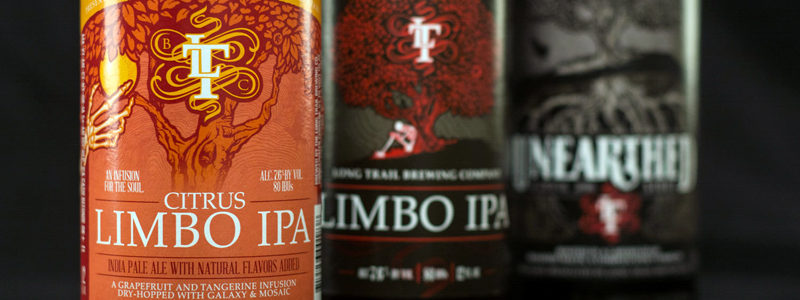
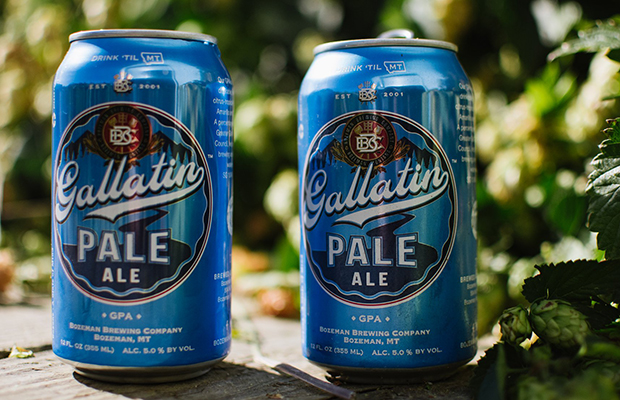
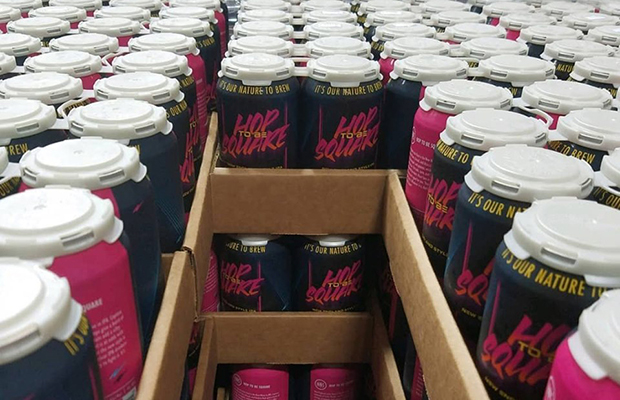
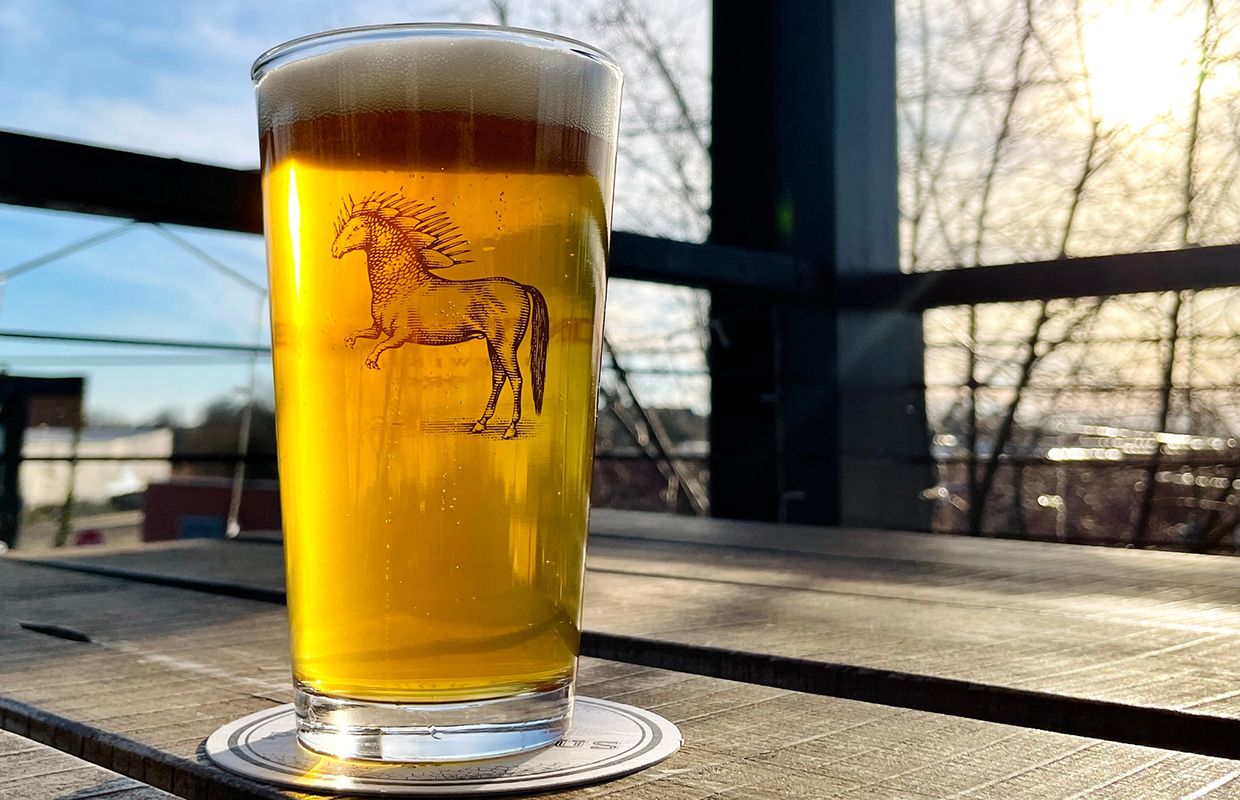
Be the first to comment